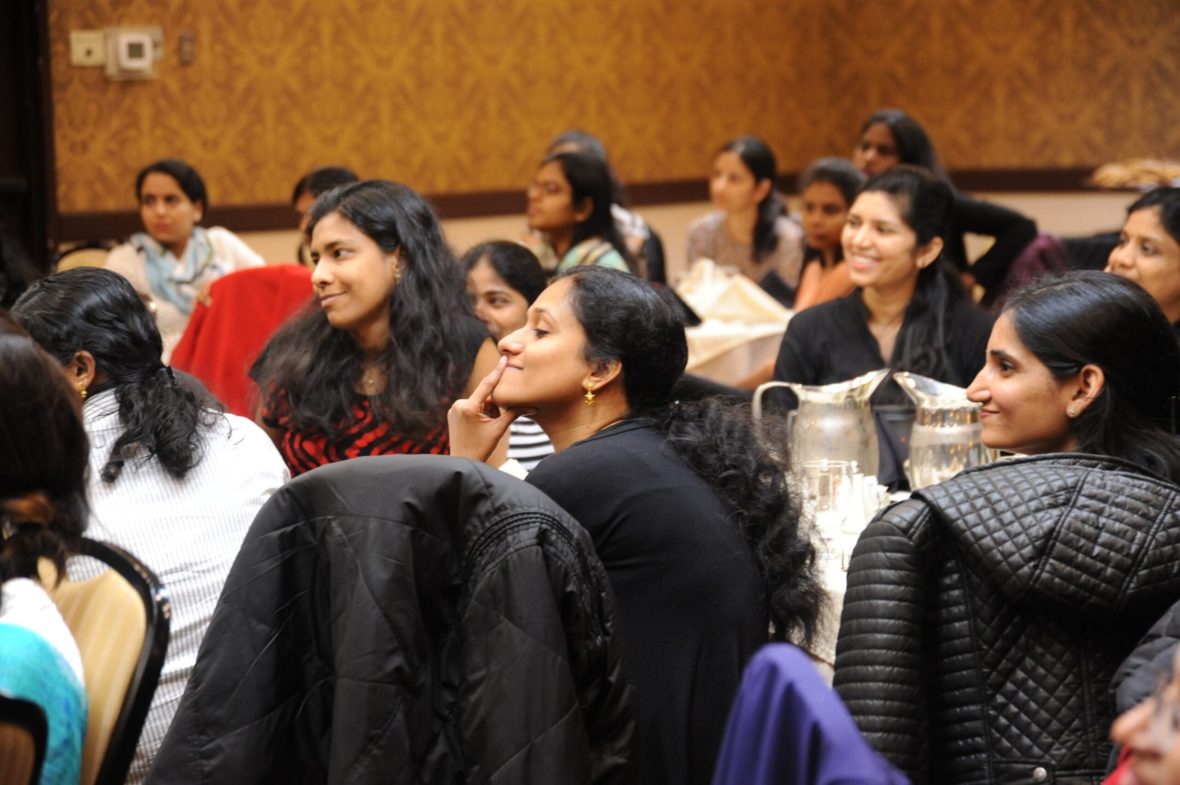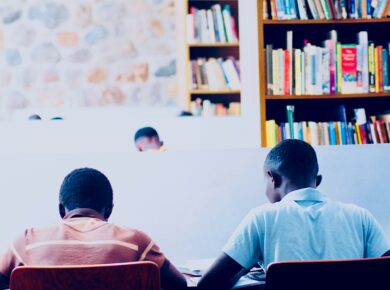As we have learned, motivation is the needs, desires, interests, or considerations of reason that arouse a person and direct him toward a specific goal. Some agents should motivate the students so that there will be academic achievements. The following areas are responsible for achieving academic learning.
Teachers
One of the roles of the teachers is to impact the skills, knowledge, experiences, abilities, etc of students. For his objectives in the classroom to be achieved, he should adopt these motivational techniques for students:
- The teacher should make learning materials meaningful and related to the goals.
- The teacher should provide students with immediate feedback on their work, like tests or assignments.
- The teacher should provide the students with specific tasks like project work, reading assignments, demonstrations, etc.
- The teacher should try to reinforce his students by giving rewards, gifts, etc.
- The teacher should develop and sustain a relationship with the teacher and students.
- The teacher should try to offer his students support and encouragement all the time.
- Learning should be made challenging enough and structured in such a way as to provide feedback on performance.
- The teacher gives the students recognition as well as a position of responsibility in the school for them to build a sense of self-esteem.
- Motivation is closely linked with learning. Knowledge of motivation and the hierarchy of human needs should help the teacher to determine the order of students’ needs and to determine which should be satisfied before the other, or before learning can take place. For example, a hungry child cannot learn properly until he has eaten.
School authorities
Since the educational qualifications of teachers have to do with learning achievement in English, public and private institutions should follow the view of the National Policy on Education (NPE) to make sure that whoever they want to employ as teachers must have the knowledge of education that is obtained a Certificate in Education.
A teacher who knows education will be familiar with the use of motivational methods in/outside the classroom. Similarly, school authorities should provide facilities that can motivate students in school.
The training of the teachers must be a priority for the school. The private schools should make sure that they provide environments that are conducive to learning, and provide modern facilities, such as stocked libraries, laboratories, lecture halls, sports facilities, etc.
Schools, especially private schools, should motivate their staff so that learning can take place. A school that owes its teachers cannot experience good results in terms of academic achievements.
If a school makes its staff happy, what such a school will experience is a positive result. Pay the salary of your staff when due and motivate them with other benefits, such as allowances, bonuses, loan facilities, etc.
Do not see your staff as slaves but as co-workers who provide services you paid for. See them as agents, as if without them, your school cannot exist. When schools understand these, the academic achievements will be many.
Government
The three tiers of government-Federal,l Sta, and Local should provide students with adequate updating and validating facilities that can motivate students and make them learn.
Many secondary school environments are not conducive to learn; ng, most of the students remain standing during the lectures, and up-to-date materials are lacking in the libraries in our secondary schools. These challenges cannot motivate students to learn.
So, the government, particularly the stategovernmentnt which is close to secondary schools, should provide students with necessary and adequate updating and validating facilities that can motivate and make them learn.
Also, the government should ensure that the teachers to be employed must have a Certificate in Education, such as N.C.B.EdBE.d, B. Ed, PGDE, etc, before they can be fully employed as teachers.
Apart from these, the government should motivate teachers by paying them huge salaries and paying them on time.
It has been our experience for years in certain countries that the only language the government understands is a strike. Until the teachers go on strike, the governments will not attend to their requests.
Teachers cannot be motivated this way; a teacher who is not motivated cannot motivate the students to learn. If the students are motivated to learn, academic achievements will not take place.
Governments should be responsible for distributing textbooks and instructional materials to the schools so that the less privileged people can have access to them. If all these are done, the academic achievements of the schools will be high.
Parents
Parents, too, are not left out in this case. They should care for their children. Parental negligence about the studies of their children can affect them.
For example, a child who does not eat before leaving home for school cannot listen or may not pay attention, no matter the efforts of the teachers to make the lesson interesting in the classroom.
So, parents too should provide their children with the necessary materials that can motivate them to learn, so that the efforts of the teachers can be fruitful in the classroom.
Parents’ interest in the education of children is usually a factor in the academic achievement of pupils. When parents follow the performance of the pupils, the pupils, in return, take an interest in schooling. Such parents do use gifts to motivate their wards.
For example, a rich parent can promise the child a trip to London if he does well in school. Low-status parents show less interest in their child’s education. Many parents are illiterate and, as such, they do not know the value of education.
They give little or no encouragement to their wards. It is not uncommon to find such low-status parents who remove their children from school to get married or to work on the farm.
Since the parents are not interested in education and they do not motivate the children, the children easily lose interest in education. This attitude leads to poor achievement in school.
Morrish (1972) has attempted to show that children whose parents are interested in their educational welfare tend to pull ahead of the rest, whatever their initial starting ability is.
It was postulated that the chances of being born and of staying alive are relatively greater the higher up the social scale one goes.
Children born in lower-class families due to a lack of good medical care have little chance of survival, and those who survive have stunted growth.
This, in essence, affects their intelligence quotient. Intelligence affects pupils’ performance. Thus, pupils born into upper-class families tend to achieve well academically.
Pupils from lower-class families, due to poor health and stunted growth, perform poorly academically. Read the similar post on this page.










